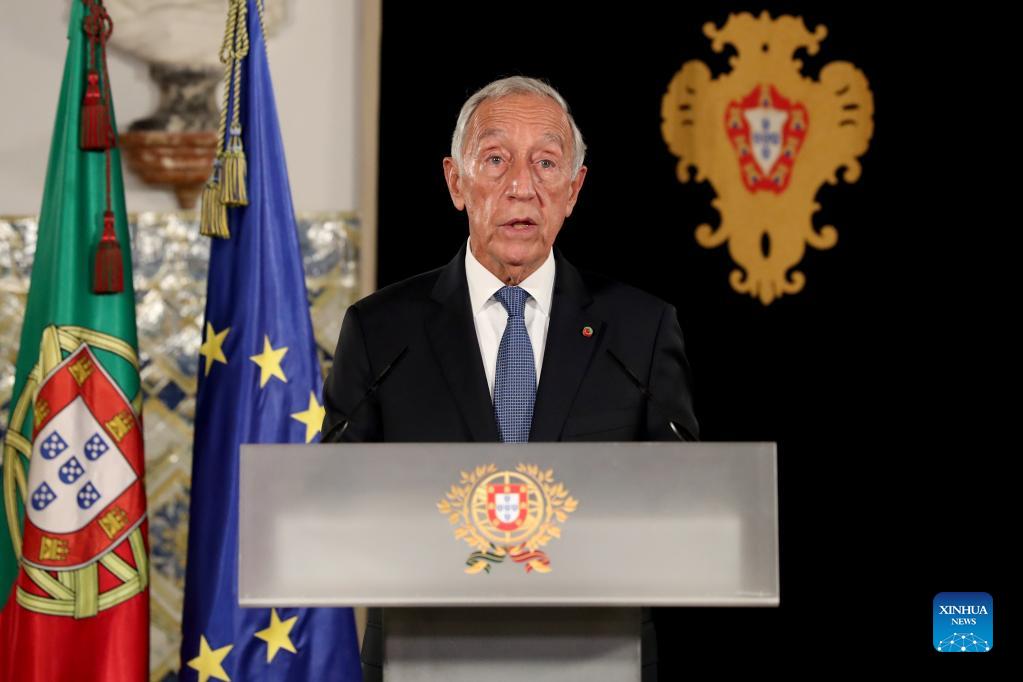
Portuguese President Marcelo Rebelo de Sousa. [Photo/Xinhua]
Portugal's President Marcelo Rebelo de Sousa has suggested the nation apologize for its part in the transatlantic slave trade, the first acknowledgement of its kind from a leader of the southern European country.
Portugal has rarely commented on the matter, its role in slavery is seldom taught in schools, and its colonial era has generally been viewed with pride by the Portuguese, reported Reuters.
During the 400-year period between 1500 and 1900, 6 million Africans were taken from their homes, and trafficked on Portuguese ships across the Atlantic, and sold as slaves, mostly in Brazil.
Europe's colonial powers, including the British, Dutch, French, Spanish, and Portuguese, all became involved in the highly profitable transatlantic slave trade during this period.
On Tuesday, Rebelo de Sousa said the country should "assume responsibility" for its past to build a better future, adding the country should go beyond just an apology, but did not offer specifics.
The president was speaking after Brazil's President Luiz Inacio Lula da Silva addressed the Portuguese Parliament during his first European visit since taking office.
"It's not just saying sorry — which is undoubtedly due — for what we did because saying sorry is sometimes the easiest thing to do: you say sorry, turn your back, and the job is done," said Rebelo de Sousa. "No, it is the assumption of responsibility for the future of the good and bad things we did in the past."
As well as Brazil, Portugal subjugated many countries, including Angola, Mozambique, Cape Verde, East Timor, and parts of India, during its colonial era.
Rebelo de Sousa recognized the positive impacts of the colonization of Brazil, such as the dispersion of Portuguese language and culture.
"(But) on the bad side, the exploitation of indigenous people… slavery, the sacrifice of the interests of Brazil and Brazilians," he said.
Brazil's human rights minister, Silvio Almeida, said the comments from Rebelo de Sousa were "extremely important".
"We continue to suffer in Brazil the effects of a legacy of slavery," Almeida said in a statement.
"Recognizing the exploitation of millions of enslaved people for more than 300 years is a step towards moving towards a less unequal society."
In 2021, the Council of Europe's Commissioner for Human Rights urged Portugal to acknowledge its colonial history and participation in the transatlantic slave trade in order to overcome present-day racism and discrimination, noted Reuters.
"It is important to shed light on the historically repressive structures of colonialism, ingrained racist biases, and their present-day ramifications," Commissioner Dunja Mijatovic said at the time.
By JONATHAN POWELL in London
By JONATHAN POWELL in London


